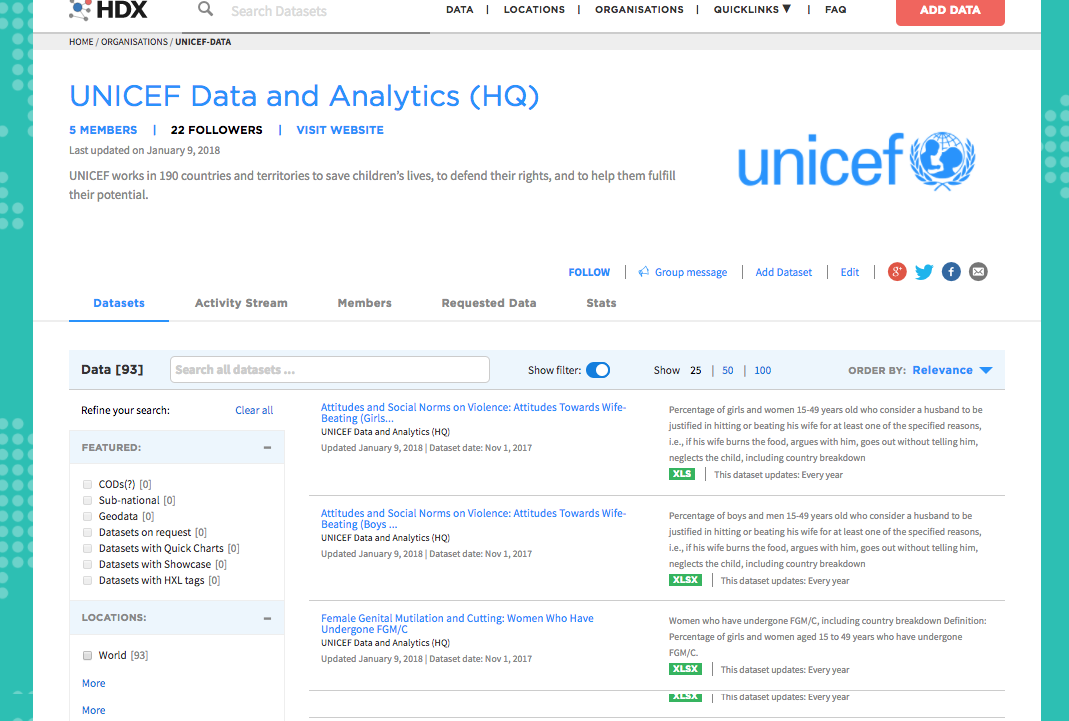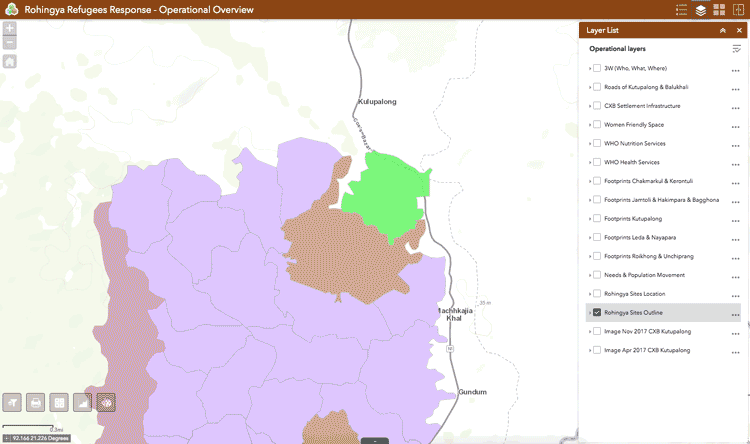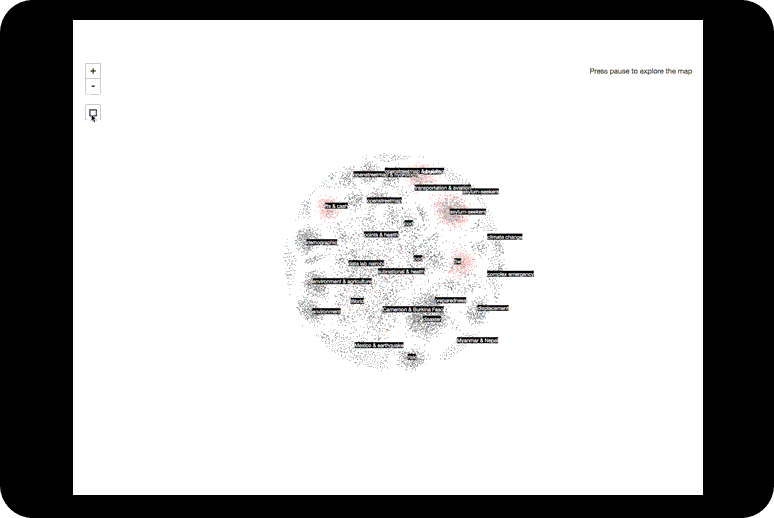Share
One-and-a-half-million page views. Dozens of new partner organisations. An endorsement from the United Nations Secretary-General. Here we look back at the year’s biggest moments for HDX. In Part 2, we explore the main user trends of 2017 and highlight activities we look forward to in 2018.
At the end of every year, my team and I take a moment to look back at what has been achieved with our partners. 2017 was a big year, culminating in the opening of the OCHA’s Centre for Humanitarian Data in The Hague in December. From delivering data skills workshops to building visualizations, we kept busy providing support to the humanitarian community.
Data sharing matters, especially during conflict and crisis. We’ve seen first-responders and decision-makers using datasets from the HDX platform during the Rohingya refugee crisis and Hurricane Maria. We continue to see an increase in data sharing whenever new, rapid-onset disasters occur.
Throughout the year, we saw an increase in the number of humanitarian partners joining HDX. Seventy-seven organisations joined over the year with an average of six new organisations each month—a 30% increase compared to 2016.
By the end of 2017, there were 335 organisations sharing over 6,300 public datasets. Sixty-five percent of the organisations on HDX have shared at least one public dataset. We hope to increase this percentage in 2018.
The table above shows the growth of organisations since HDX was launched in 2014. Source: HDX CKAN
New Data Partnerships
A few of the new organisations on HDX included UNICEF, the Inter Sector Coordination Group, UNESCO, XChange and the Pacific Disaster Center. We provide a closer look at their data below.
UNICEF is sharing data related to its flagship publication, the State of the World’s Children. The report provides statistical tables on issues affecting children, including nutrition, health, education and early childhood development. Explore more datasets from UNICEF here.
The Inter Sector Coordination Group (ISCG) plays a key role in the Rohingya crisis by disseminating the latest data on who is responding where and information about important events, news and stories from the field. By the end of 2017, ISCG had shared 13 high-value datasets, including the location of Rohingya refugees in Cox’s Bazar, refugees needs assessments, roads and transportation networks as well as outlines of camps/sites of refugees. Take a closer look at each dataset here.
This dashboard is the result of a collaboration between ISCG, NPM, and HDX. It provides an overview of operations based on key datasets collected by sectors and organisations providing humanitarian assistance to the Rohingya refugee population in Cox’s Bazar, Bangladesh.
UNESCO, the United Nations agency responsible for coordinating international cooperation in education, science, culture and communication, shared several datasets via API with HDX. The data relates to issues in education and literacy including learning outcomes, out-of-school children and youth, and gender equality in education. Explore these datasets here.
Xchange specializes in collecting data on public perception of human migration. The organisation shared survey data from Cox’s Bazar district about push factors and dynamics of the Rohingya exodus after 25 August 2017. The dataset includes detailed testimonies of the events and abuses refugees experienced or witnessed, both before and during the journey to Bangladesh. The full survey responses can be accessed here, while the datastory can be found here.
Another notable organisation that recently joined HDX is the Pacific Disaster Center (PDC). The organisation provides applied research, scientifically-based practices and technology to empower disaster managers and planners with the data, information and tools they need to reduce disaster risk. Together with our colleagues at PDC, we have formulated a plan of collaboration that includes exchange of datasets and visualizations. They plan to share data shortly here.
We are also grateful for the continued support of organisations that have been active on HDX for a while: ACLED, UNHCR, IFRC, UNOSAT, WorldPop, Humanitarian OpenStreetMap Team (HOT), IOM, Internews, WFP and a number of OCHA offices.
If your organisation is interested in collaborating with us, please register through HDX or write to us at hdx@un.org. You can also read our FAQ for more information. We look forward to working with you in 2018.
In Part 2, we reflect on user trends from 2017.



